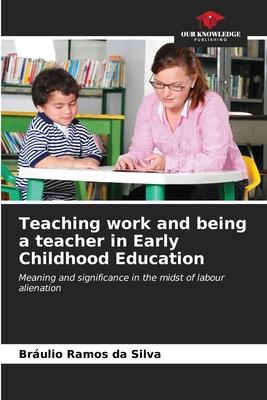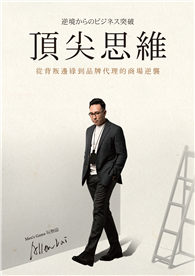This work consists of an investigation into teaching work in the context of early childhood education. The study was guided by the cultural-historical perspective and its general objective was to identify and analyse the relationship between meaning and the senses of being a teacher in early childhood education. The study was carried out using a historical-dialectical materialist approach, in which the procedure used to produce the data was semi-structured interviews, in which four teachers from a CMEI Municipal Education Centre in Itumbiara-GO took part. The theoretical discussion sought to recover the category of work as a constituent of the human subject, and also addressed the paths surrounding the production of scientific knowledge and its relationship with the human constitution based on vital activity - in other words, work. The general categories proposed by Gyorgy Markús (1974): universality, sociality, freedom, nature and the category of man’s consciousness, were fundamental to analysing teaching work, while the concept of alienation discussed by István Mészaros helped us to understand this activity in the context of early childhood education.
| FindBook |
有 1 項符合
Teaching work and being a teacher in Early Childhood Education的圖書 |
 |
Teaching work and being a teacher in Early Childhood Education 作者:Ramos Da Silva 出版社:Our Knowledge Publishing 出版日期:2024-01-03 語言:英文 規格:平裝 / 148頁 / 22.86 x 15.24 x 0.86 cm / 普通級/ 初版 |
| 圖書館借閱 |
| 國家圖書館 | 全國圖書書目資訊網 | 國立公共資訊圖書館 | 電子書服務平台 | MetaCat 跨館整合查詢 |
| 臺北市立圖書館 | 新北市立圖書館 | 基隆市公共圖書館 | 桃園市立圖書館 | 新竹縣公共圖書館 |
| 苗栗縣立圖書館 | 臺中市立圖書館 | 彰化縣公共圖書館 | 南投縣文化局 | 雲林縣公共圖書館 |
| 嘉義縣圖書館 | 臺南市立圖書館 | 高雄市立圖書館 | 屏東縣公共圖書館 | 宜蘭縣公共圖書館 |
| 花蓮縣文化局 | 臺東縣文化處 |
|
|
圖書介紹 - 資料來源:博客來 評分:
圖書名稱:Teaching work and being a teacher in Early Childhood Education
|











